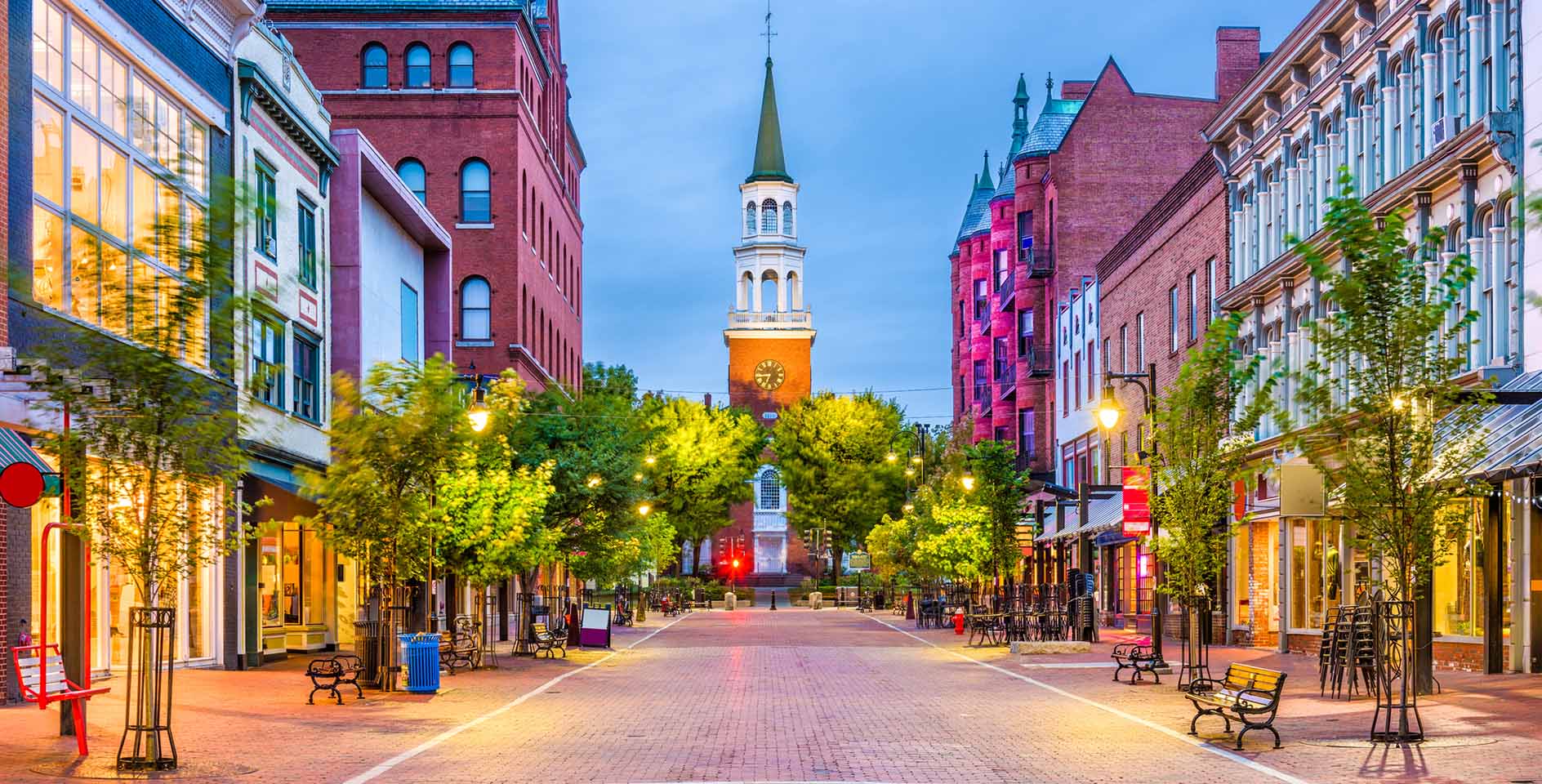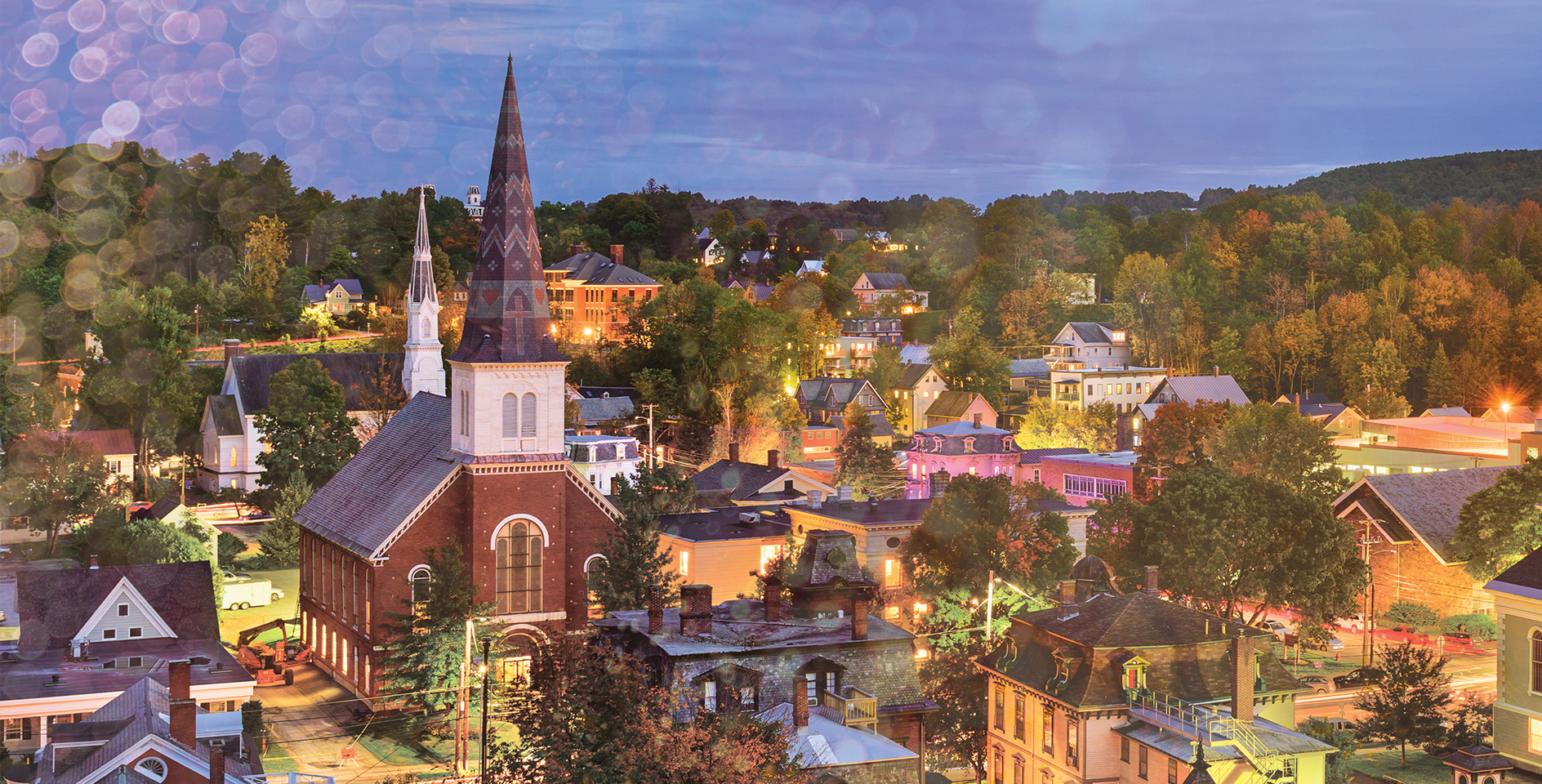Christianity is a faith of promise. Christians possess the promise of hope, the promise of grace, and the promise of the Father’s steadfast love. But, it has been clear from the outset, from the very beginning of our religious experience, that those who follow Christ are not promised space in this world. As Jesus said to those who would follow Him, “foxes have dens, birds have their nests, but the Son of Man has no where to lay His head.” Fortunately, the vitality and resilience of our faith does not rest in finding quarter in this world. The same, however, cannot be said about the vitality and resilience of cities that would deny religious organizations freedom to assemble. For this reason, it is disheartening to read this past week of Mayor Bill de Blasio’s about-face decision to oppose local churches from renting space in New York City’s public schools.
The issue of religious groups, specifically Christian churches, renting space in New York City public schools has been in contentious flux for the past 20 years. Administrations come and go, decisions are handed down, appeals granted, and yet the issue remains unresolved. In April 2014, the newly elected Mayor de Blasio signaled that he supported the right of religious groups to rent space from public schools. He based his statement on the two sound observations; one, that churches had to undergo the same application process as any organization; and two, that churches “play a very, very important role in terms of providing social services and other important community services. And I think they deserve that right.” His stated position, one that aided in his election in 2013, appears to have shifted.
Cities are complex organisms. Their problems are complex; as are their solutions. Cities live, breath – they get sick, and they heal. It should be no surprise that vital and healthy cities possess certain common characteristics. For instance, 49 out of the 50 largest school districts in the nation allow for religious organizations to lease from public schools, the one city absent from the list is New York City. Jane Jacobs, the late urban sociologist, NYC resident, and author stated that “dull inert cities contain the seeds of their own destruction… But lively, diverse, intense cities contain the seeds of their own regeneration.” There will always be a tension within the conflicting visions over the use of space and the constitutionality of religious expression in diverse contexts like New York City. It is that tension of diversity and proximity that keeps this city lively and vital. The temptation will always be to remove the tension through regulation and restricting freedom. But the emotional and spiritual health of a community is served best when its members are allowed to express themselves through assembly; a fact our founding fathers knew well.
Circa 2014 Mayor de Blasio seemed to acknowledge the value of cultural and community service that accompany healthy religious expression within his city. With his current position, he appears to be abandoning both reason and himself. As a pastor and church planter in NYC, I find the idea of denying tax-paying citizens the opportunity to assemble in taxpayer funded facilities culturally unwise, politically reckless, and spiritually disheartening.
It will take more than governmental programs and after-school initiatives to cure what ails this city. The seeds of this city’s regeneration are found in the aggregate of small works and humble efforts that take place when communities of faith are granted the freedom to carry out their mission. Politicians who fail to grasp this, underestimate the untapped power of gospel to transform lives and change communities, and they do so at their peril. Foxes have dens, and birds have nests, but if he continues on this short-sighted path, it remains to be seen if Mayor Deblasio will rest his head in Gracie Mansion for a second term.









